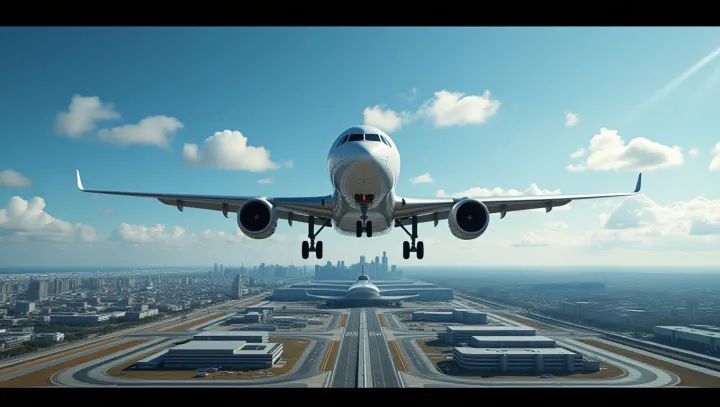Aviation's Impact on Modern Travel

The invention of the airplane is credited to the Wright brothers, who achieved powered flight in Kitty Hawk, North Carolina. This ground-breaking event marked the dawn of air travel and heralded a new era where distances shrank, and the world seemed smaller. From its inception, the airplane has not only been a marvel of engineering but also a catalyst for economic and cultural change.
Air travel revolutionized our ability to connect with distant lands in unprecedented ways. Journeys that once took weeks by sea were reduced to mere hours. This transformation spurred global commerce as businesses capitalized on the ability to reach international markets rapidly.
Moreover, tourism boomed as far-flung destinations became accessible, fostering cultural exchanges and understanding among diverse peoples. Today, the aviation sector faces both opportunities and challenges. Environmental concerns push innovation towards sustainable technology, while advancements in safety and efficiency continue to redefine passenger experiences.
As we move forward, the legacy of the airplane as a symbol of human ingenuity and a driver of global connectivity remains indisputable.
